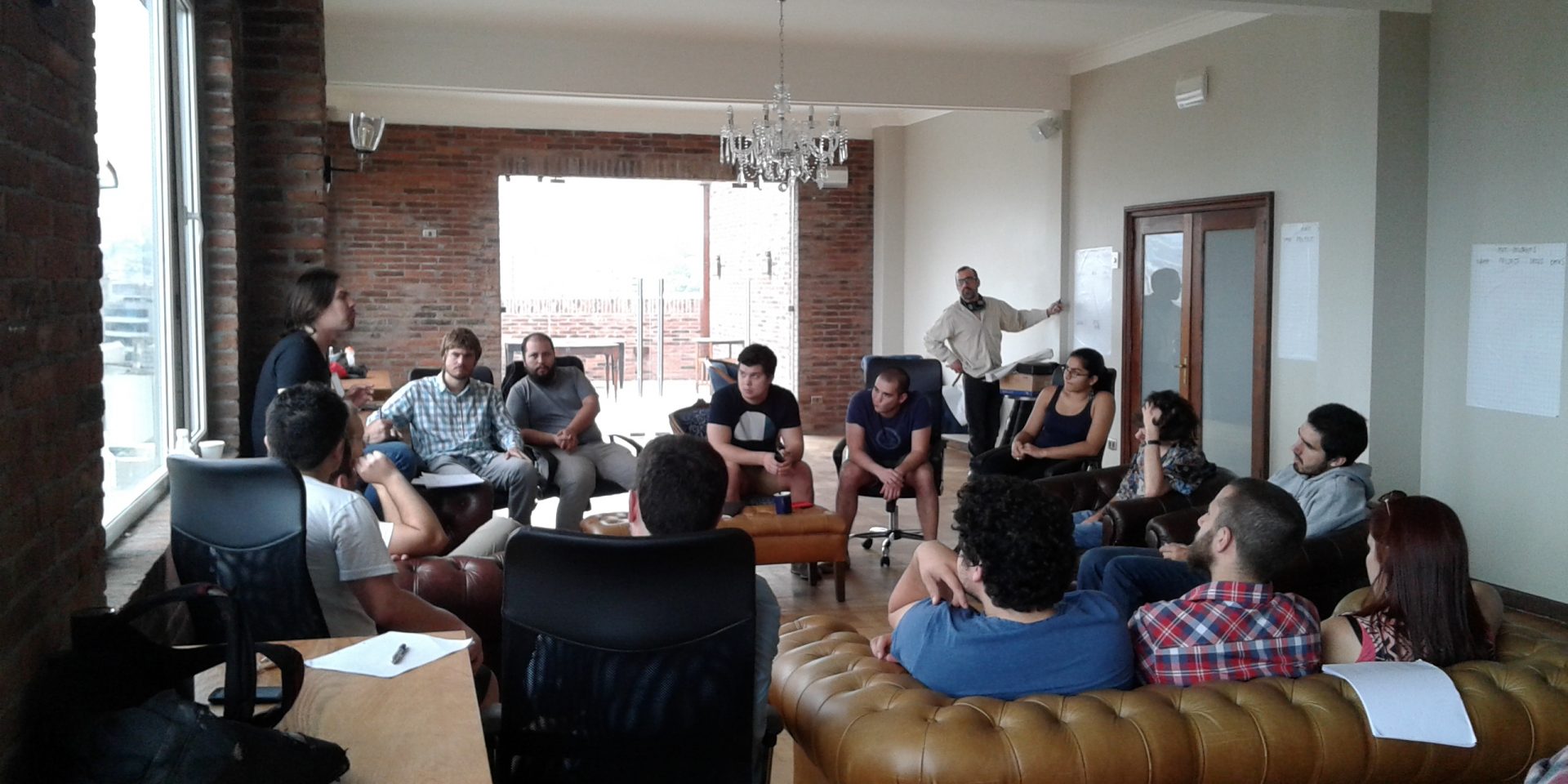

The outstanding American psychologist, professor at UCSB and co-director of the Center for Evolutionary Psychology, was part of the trio of researchers who analyzed the global scenario of interdisciplinary research on behavior and social cognition in the Seminar “Crossing borders: how to make the social sciences and the natural sciences converse “of the Center for Research in Social Complexity.
During the last decades a group of interdisciplinary research bodies has emerged that have crossed the abyss that existed between Social Sciences and Natural Sciences: biological anthropology, social neuroscience and evolutionary psychology. Leda Cosmides, along with John Tooby, is recognized as the founder of the latter, which considers studies in cognitive science, human evolution, neuroscience, psychology and evolutionary biology.
According to evolutionary psychology, our brain functions as a complex network of neural circuits that were designed by natural selection. Leda studies the ancestral mechanisms of our natural abilities, such as seeing, speaking, falling in love or experiencing moral outrage. Absolutely natural behaviors, but that have a history that goes back to the Stone Age.
These interdisciplinary research bodies have in common, the approach to the understanding of behavior and social cognition, incorporating their biological foundations in conversation with the postulates of the traditional disciplines where they emerged. Leda Cosmides, together with the researchers of the CICS, the primatologist Isabel Behncke and the Ph.D. Ana María Fernández -director of the Laboratory of Evolution and Interpersonal Relations (LERI) of the Universidad de Santiago-, analyzed the challenge facing the Social Sciences in the XXI century, both in the national and global context in front of an audience composed of academics and the general public.